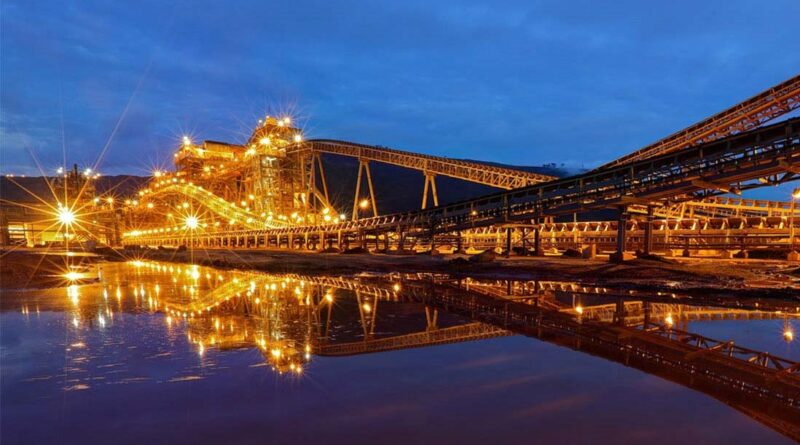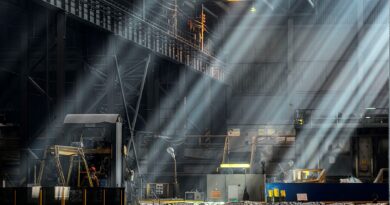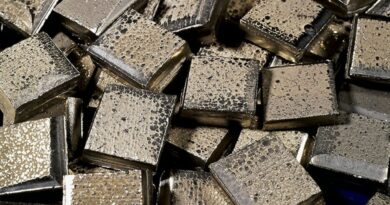Improved calciner availability increases Worsley Alumina production
Worsley Alumina saleable production increased by two per cent (or 91kt) to 3,886kt in FY20, as the refinery benefitted from improved calciner availability. Operating unit costs decreased by 12 per cent in FY20 to US$210/t as the refinery benefitted from lower caustic soda prices (FY20: US$366/t, FY19: US$489/t) and consumption rates (FY20: 93kg/t, FY19: 98kg/t), and lower renegotiated energy prices.
South32 holds an 86 per cent interest in Worsley Alumina, while Japan Alumina Associates (Australia) Pty Ltd owns 10 per cent and Sojitz Alumina Pty Ltd owns four per cent.
Bauxite is mined near the town of Boddington, 130 kilometres south-east of Perth. It is transported by overland conveyor to the alumina refinery near Collie and turned into alumina powder, before being transported by rail to Bunbury Port. The refinery uses a four-stage Bayer process to transform the red bauxite rock into white alumina powder. Alumina is then shipped to smelters around the world, including South32’s Hillside Aluminium and Mozal Aluminium smelters in Africa.
Underlying EBIT decreased by 70 per cent (or US$381 million) in FY20 to US$160 million as a 30 per cent decrease in the average realised price of alumina (-US$469 million) and lower sales volumes (-US$32 million) were partially offset by lower caustic soda costs (price and consumption, +US$53 million), a weaker Australian dollar (+US$35 million) and lower renegotiated energy prices (+US$25 million).
The average realised price for alumina sales was a modest premium to the PAX on a volume weighted M-1 basis in FY20. Price realisations in H2 FY20 were inline with market indices as a result of specific legacy supply contracts with our Mozal Aluminium smelter that reset each calendar year.
Contracts with the smelter are linked to the LME aluminium price and alumina indices on an M-1 basis, with caps and floors embedded within specific contracts. All other alumina sales were at market-based prices.
Sustaining capital expenditure decreased by US$9 million in FY20 to US$48 million as we continued to invest in additional bauxite residue disposal capacity and improvements in processing infrastructure.




